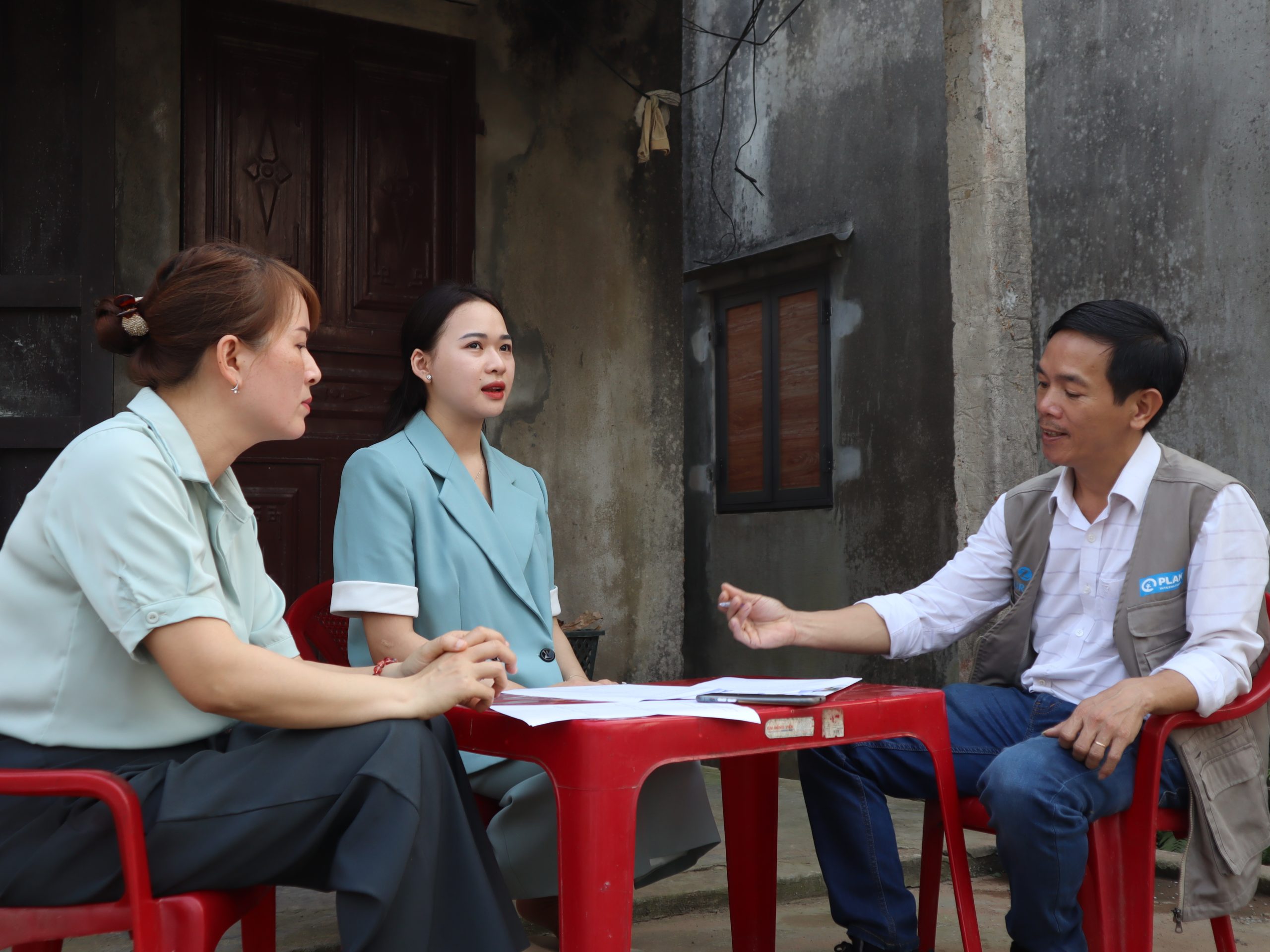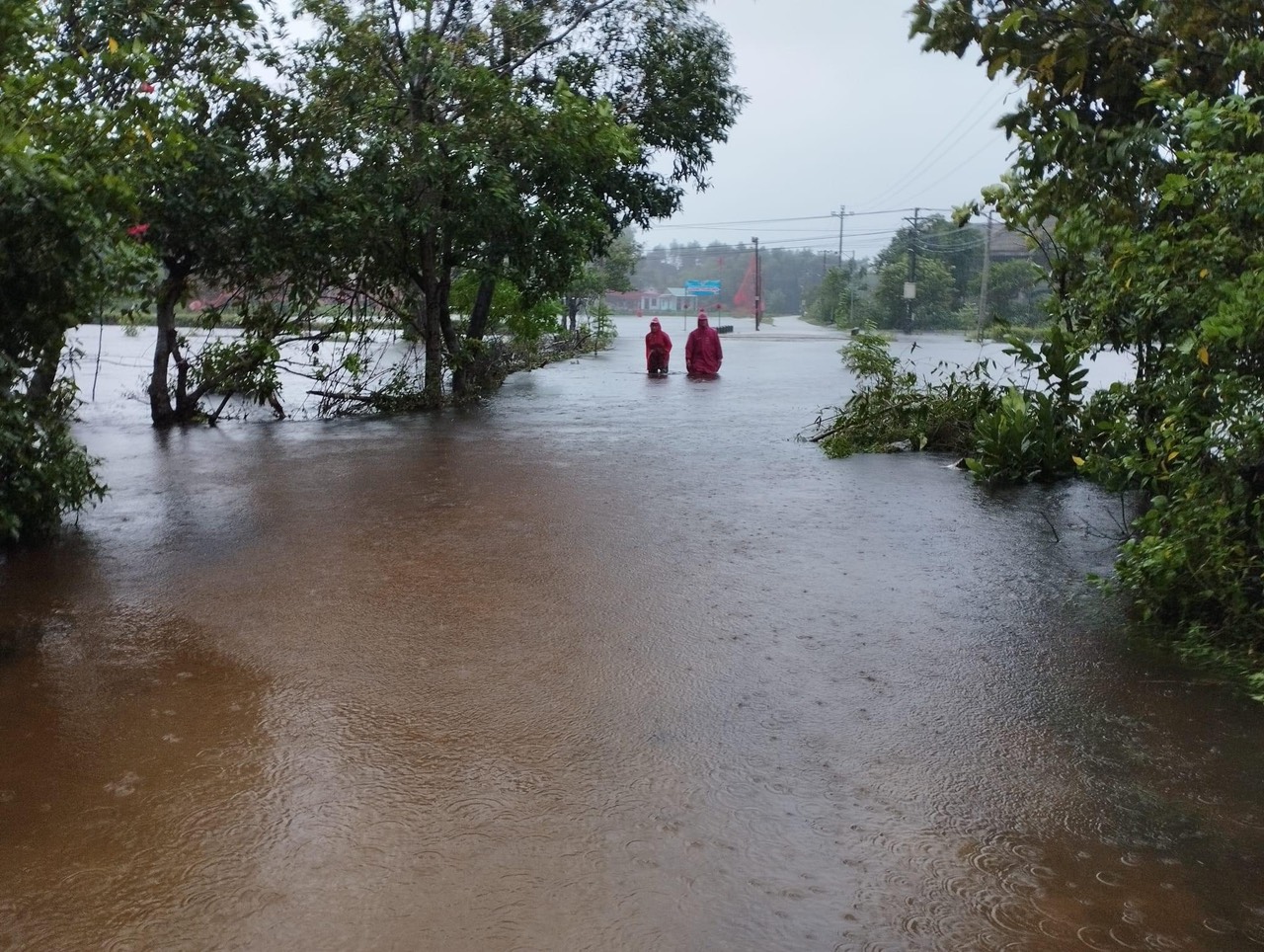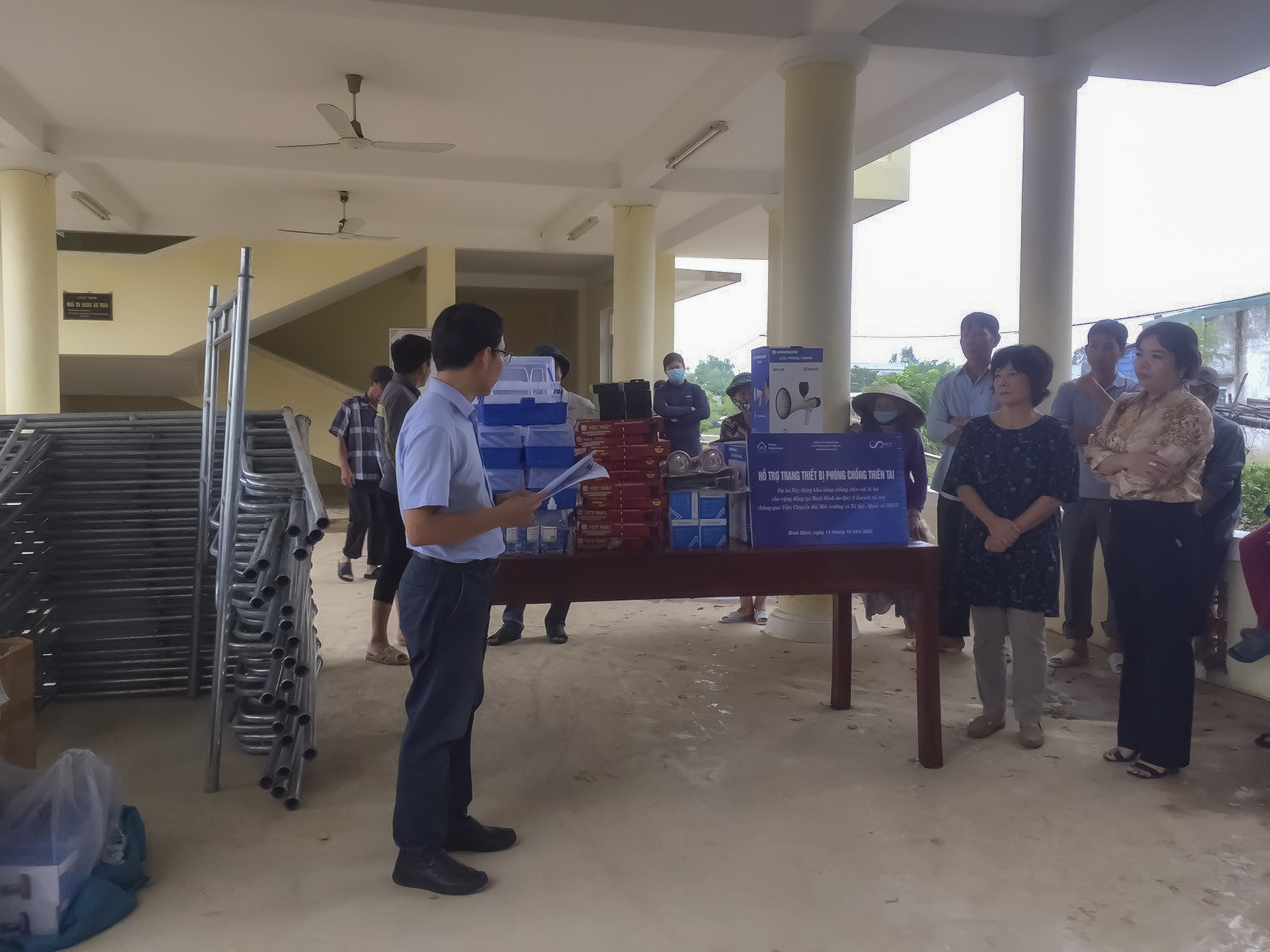Our impact so far
With a 3,260 km coastline bordering the North-western Pacific Ocean basin (the most active tropical storm basin on the planet), Vietnam is one of the most vulnerable countries to climate-related hazards. The Central Provinces typically experience more than 10 storms or typhoons every year, resulting in a combination of extreme winds, storm surge, and flooding; with flooding being responsible for around two-thirds of all deaths and a significant portion of the economic losses caused by disaster events in Vietnam. However, heat is a rapidly increasing challenge. Record breaking high temperatures were observed in 2023 (44.2°C), and this trend is forecast to continue into the future.
ISET-International is working with 15 communities in the two coastal provinces of Thua Thien Hue and Binh Dinh in central Vietnam and Can Tho city in the Mekong River Delta. Of these, six are rural and eight are urban or peri-urban. From 2021 to 2024, ISET focused on understanding community resilience to flood hazards across contexts. Using this understanding as a foundation, ISET worked with communities to strengthen their resilience by addressing identified gaps, and generated evidence and learning to support a systemic and holistic approach for flood risk management planning.
From 2021 to 2024, Plan International worked in three districts of Quang Tri province targeting 6 communes with a total of 18 communities applying the FRMC approach to support the target communities to become more resilient to flooding. Plan introduced the FRMC approach as a complementary tool and framework to the existing local community-based disaster risk management practices, disseminating FRMC findings at sub-national and national levels. Plan is working in 10 predominantly rural and peri-urban communities in Quang Tri and Quang Binh provinces focusing on floods. In 2028, Plan will add an additional eight urban communities in Hanoi city focusing on heatwaves.
The future
Moving forward, ISET’s goal is ‘Local, provincial, and national Disaster Risk Management (DRM)/Disaster Risk Reduction/Climate Change Adaptation are strengthened through provision and strengthening of locally adapted tools and methodologies and associated capacity building’. Beginning in 2024, the ISET-Vietnam Alliance program will broaden its focus from a single hazard, floods, to include floods, storms, and heatwaves. ISET will work with communities and city and provincial partners to identify, implement and scale innovative and transformative practices to improve community climate resilience. Drawing on learning from this work, ISET will actively share learning and experience with resilience practitioners to contribute to a better integration of climate resilience principles into practice and policy.
Plan’s goal is to change people’s mindsets and power dynamics at the community and local government level with the aim for youth to become active drivers of change to mitigate the effects of climate change. This will be done through inclusive and gender-sensitive DRM planning at the community level; collaboration with local government authorities to implement inclusive and community-based resilience actions; and supporting national government agencies to create an enabling environment for youth-centered climate resilience action.







